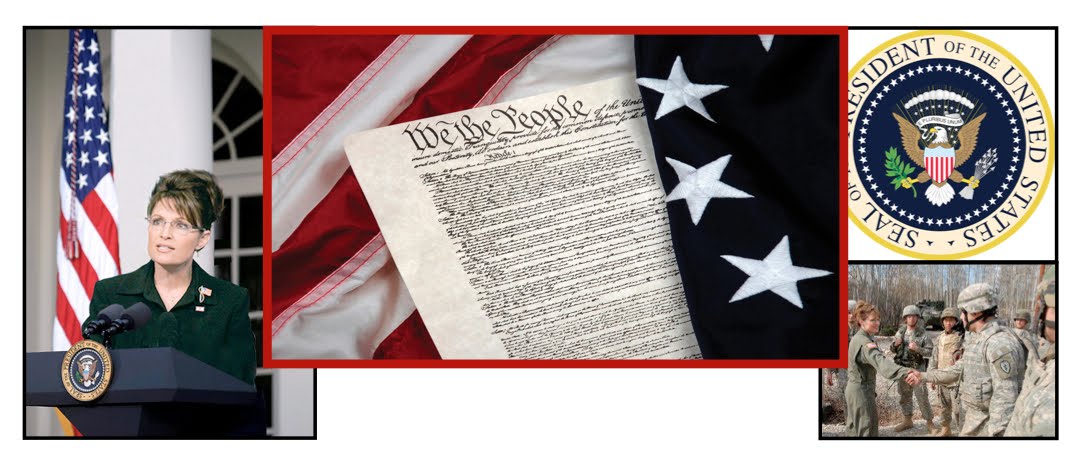Many Americans want a serious discussion about what can be done to finally tackle the Gulf Coast oil spill. Unfortunately, yesterday White House Press Secretary Robert Gibbs used his appearance on “Face the Nation” to deflect from the needed discussion about solutions as he suggested that I should “get slightly more informed as to what’s going on in and around oil drilling in this country.”
Mr. Gibbs’ comments were in response to something I said last weekend in an interview on “Fox News Sunday.” In the course of discussing the administration’s failure to get to grips with the oil spill, I pointed out that the media was rather silent on asking if there was a connection between the White House’s hands-off response to the spill and the undisputed fact that Barack Obama was BP’s top recipient of both PAC and individual money for the last 20 years. Please note that I never claimed there was a conspiratorial connection; rather, I was saying that it’s odd that so few in the media have asked that question. In fact, I believe Major Garrett is one of the few reporters to pursue the issue. You can be sure that if this were a Republican administration, at the very least the media would be asking that question nonstop.
As for getting “informed” about oil drilling: I’m confident that in the course of my chairmanship of the Alaska Oil and Gas Conservation Commission (AOGCC) and the U.S.’s Interstate Oil and Gas Compact Commission (IOGCC), and my work as governor of our nation’s huge oil producing state, I’ve learned enough to be able to say with some certainty that the White House’s response to this crisis leaves something to be desired. I also believe that the White House should spend all of its time finding solutions to the enormous oil gush problem.
The Obama administration claims that it “will not rest until we get this situation under control,” but in practice it’s evident that it must do more to stop a potential environmental disaster from happening. U.S. Coast Guard Commandant Thad Allen probably summed it up best when he described the Obama Administration’s approach to this crisis as “keeping a close watch” while BP is tackling the problem – at the company’s own pace.
While the Administration watches from the sidelines, the Gulf Coast states face some potential disaster. This raises serious questions. Should it really take nine whole days before the Administration asked the Department of Defense for help in deploying equipment needed for the extreme depth spill site? Why is Governor Jindal still waiting, 35 days later, for material needed to tackle the oil spill to protect the coast’s environment and for federal approval to build offshore sand barriers to protect his state’s coast line? Is it correct that the Coast Guard was initially unwilling to burn off the oil for fear of causing air pollution (which would have been far less harmful than the current water pollution)?
These questions all require answers. In the meantime, let me make a constructive suggestion to help the White House out of its current impasse. They should reach out to the best oil and gas team in the nation and tap into its expertise. I know just the team: Alaska’s Department of Natural Resources, led by Commissioner Tom Irwin. Having worked with Tom and his DNR team as Governor, I can vouch for their expertise and their integrity in dealing with Big Oil and overseeing its developments.
This team’s (and Alaska’s PSIO team’s) expertise on oil spill issues is particularly relevant. We all lived and worked through the Exxon oil spill, and we all committed to the principle that this would never happen again in Alaska’s waters, at least not on our watch. That’s why we created the Petroleum Systems Integrity Office (PSIO) when we saw proof of improper maintenance of oil infrastructure in our state. And that’s why we instituted new oversight and held BP and other oil companies financially accountable for poor maintenance practices. And that’s why we cracked down on unethical and unsound practices by oil companies and their contractors that operate in Alaska. And that’s why I filed a Friend-of-the-Court brief against Exxon’s interests for its decades-old responsibility to compensate victims adversely affected by the Exxon-Valdez oil spill. None of these actions made us popular with oil company management. (In fact, Commissioner Irwin received a message from a North Slope oil company employee that summed up their view of our efforts well: the message told him to “go to hell, but resign first.”) Our relationship with Big Oil may have been perceived as contentious because we always put the interests of Alaskans first.
The White House could do worse than emulate what Alaska did over the years. No, it doesn’t make you popular with Big Oil (my commissioners and I certainly learned that!), and you may see fewer campaign contributions flow your way – but so what? Dealing with the impacts of 35 days of uncontrolled oil flow into pristine waters is more than enough time for the White House to realize they need to tap into expertise, hold BP accountable, and not waste time politicking around such a grave situation.
Taking a tough stand to protect our environment while domestically drilling for much-needed energy sources is the only way the public can trust government and industry to safely work towards energy independence. We need to “Drill, baby, drill” responsibly, safely, and ethically. That’s the way Alaska’s DNR accomplishes its mission in America’s 49th state.
- Sarah Palin











0 Response to "Sarah Palin On Big Oil: Learning from Alaska’s Experience"